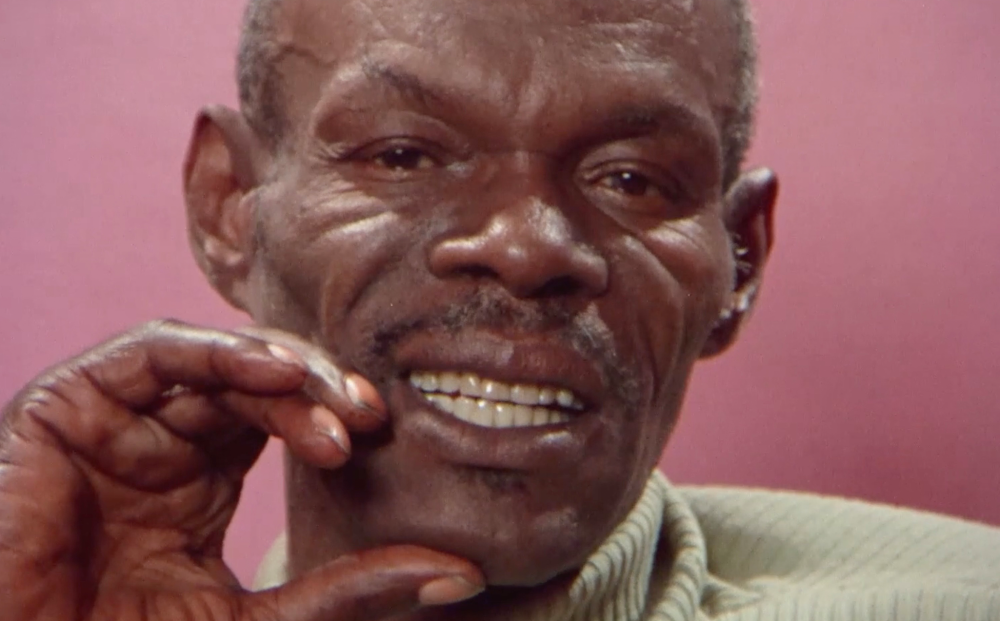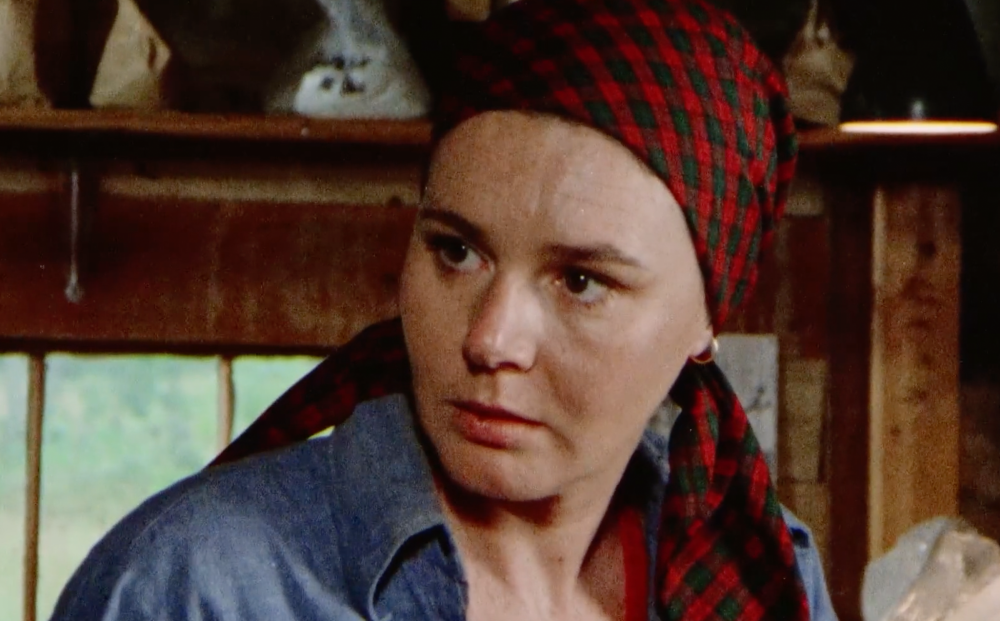Director Michael Roemer’s Eye, at Once Deeply Compassionate and Resolutely Hands-Off, on Display at Film Forum
Roemer’s ‘Pilgrim, Farewell,’ starring Christopher Lloyd of ‘Taxi’ fame, will be undergoing a week-long revival in correspondence with his 1976 documentary, ‘Dying.’

The actor Christopher Lloyd was a known quantity when he signed on to star in Michael Roemer’s “Pilgrim, Farewell” (1982), being toward the tail end of his time playing Reverend Jim “Iggy” Ignatowski on a hit NBC sitcom, “Taxi.” His role as a bewildered casualty of 1960s excess earned Mr. Lloyd two Emmy awards and television stardom.
Big-screen stardom came in 1985 with Robert Zemeckis’s “Back to the Future,” in which Mr. Lloyd played a bewildered casualty of the Atomic Age, Dr. Emmett “Doc” Brown. Between these two career-making poles, he took a low-key turn as a man faced with his lover’s mortality in Mr. Roemer’s meditation on illness and family.
“Pilgrim, Farewell” was originally broadcast as part of a PBS anthology series, “American Playhouse,” and will be undergoing a week-long revival at Film Forum, playing in correspondence with Mr. Roemer’s 1976 documentary, “Dying.” The 97-year-old auteur plans to be on hand during the afternoon of January 25 to discuss both “Pilgrim, Farewell” and “Dying.”
Film Forum has done right by Mr. Roemer over the years, mounting a survey of the director’s movies in 2014 and having recently revived his sardonic picaresque, “The Plot Against Harry” (1971). Mr. Roemer’s oeuvre is small — seven pictures, total — but intensely varied. On the occasion of the retrospective, he told Artforum magazine: “I approached each film as though it might be my last.” Intransigence and idiosyncrasy are the director’s bywords.

“Dying,” like “Pilgrim, Farewell,” was made under the auspices of PBS, and, as the title implies, covers similar ground. Mr. Roemer and a small film crew spent two years with three families, each of which had a member undergoing the slow, painful, and often tedious throes of a terminal disease.
As cinéma vérité, “Dying” is peculiarly stark. The subject on hand accounts for this quality, as does the diffuse grain of 1970s celluloid. Yet it is Mr. Roemer’s eye, at once deeply compassionate and resolutely hands-off, that most accounts for the film’s unblinking stringency. It’s not an easy watch.
Sally, a middle-aged woman suffering from a brain cancer that “grows like moss,” is tended to by her elderly mother. The Reverend Bryan accepts death with enviable stoicism, his faith offering him guidance and a measure of solace. The reverend’s is the noblest death in Mr. Roemer’s film, and, as such, is a fitting capstone.
Still, viewers will likely best remember the soon-to-be-widowed Harriet. Husband Bill is not dying fast enough to suit her purposes: that is to say, to allow her to find a new father for her two preadolescent boys. Not a few of us might think twice about speaking our minds in front of cameras. Mr. Roemer reports that audiences tend to be more sympathetic to Harriet’s plight than the typical filmgoer might assume.

“Pilgrim, Farewell” is similarly bare-bones. Kate Deveraux (Elizabeth Huddle) is a 30-something woman sick with cancer. As portrayed by Ms. Huddle, an actress who guest-starred in any number of television programs during the 1970s and ’80s, Kate is going not-so-gently into that good night. She’s unsentimental, obstreperous, and incapable of brooking fools gladly. Ms. Huddle plays her true to form, and does so without asking for the audience’s indulgence.
Whether Kate’s attitudes can be attributed to her illness or are part of her natural constituency is answered by how thoroughly she has previously alienated a sister, Rebecca (Lesley Paxton), a daughter, Annie (Laurie Prange), and a father who is unseen — and, when a telephone call is made, promptly hung up on. As for her partner Paul, a carpenter by trade, Mr. Lloyd plays him with a reticence that borders on inscrutable. Those used to the actor’s often over-sized comedic roles will be taken aback by the performance.
“Pilgrim, Farewell” feels made-on-the-fly, a characteristic that underlines just how readily the mundane can be upset by factors outside of our control. The script, alas, often descends into melodrama and the characters, particularly Kate and Annie, can be insufferable. Fiction of this sort requires the reticence of an Anton Chekhov or an Ingmar Bergman — which is, ironically, something Mr. Roemer achieved with “Dying.” What the auteur thinks of his two films decades after their making will be interesting to hear.

